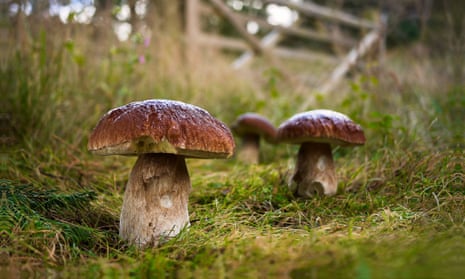Thanks to the County of Fairfax (Virginia) for making these cool nature bingo cards available. And to The Good Trade for including the link in their daily email. The 5×5 cards include things that can be found wherever you live – clouds, benches, butterflies – to name a few. Perfect for kids of all ages. And the Fairfax County Park Authority has a helpful tip to put the card inside a plastic sheet and use a dry erase marker so that you and your kids (and friends) can reuse the cards. Of course, once I started looking, there are any number of websites and etsy stores that offer such cards for sale for reasonable prices. For example, a single free card can be downloaded from the Chicago Museum of Science and Industry. A quick search on ‘nature bingo’ will find all sorts of options for you.
I can imagine making more focused cards for bird watchers, geologists, and native plant seekers that would be specific to regions. As I think, I think of yet more possibilities – herbalists, invasive plant seekers, archaeologists, ethnobotanists, architects, … What an adventure!
And, a little update. My previous post was about the health and safety disasters that can result from following the advice of AI. A September 7 article in the Gastro Obscura section of Atlas Obscura (a truly wonderful website and rabbit hole…) reiterates and expands on this warning.
Some basic advice from foraging experts is to search (online) before you buy. Amazon is not reliable but search engines should turn up some trustworthy evidence about the credentials of the author. Perhaps the red flag warning that has come up recently is the AI guide insisting that a good way to tell if a mushroom is edible is to taste it. Such text should warn you away immediately – many delicious edible plants have poison look-alikes, some of which the Atlas Obscura article mentions.
Where do these books come from anyway? The Atlas Obscura article posits some likely possibilities on that.
And if it’s AI, should you run screaming from the room? Nope. The article points out that apps like iNaturalist do use AI technology. The difference is that there are identifiable experts associated with the product and AI is not given free rein to fill in words based on probability of word association. I don’t know about you but my phone likes to help me by guessing the next word in a text I’m writing. I presume, whether I like it or not, it is learning from what I actually type in next. So, if you wonder about what AI selects, just watch what it selects when you type a text…

